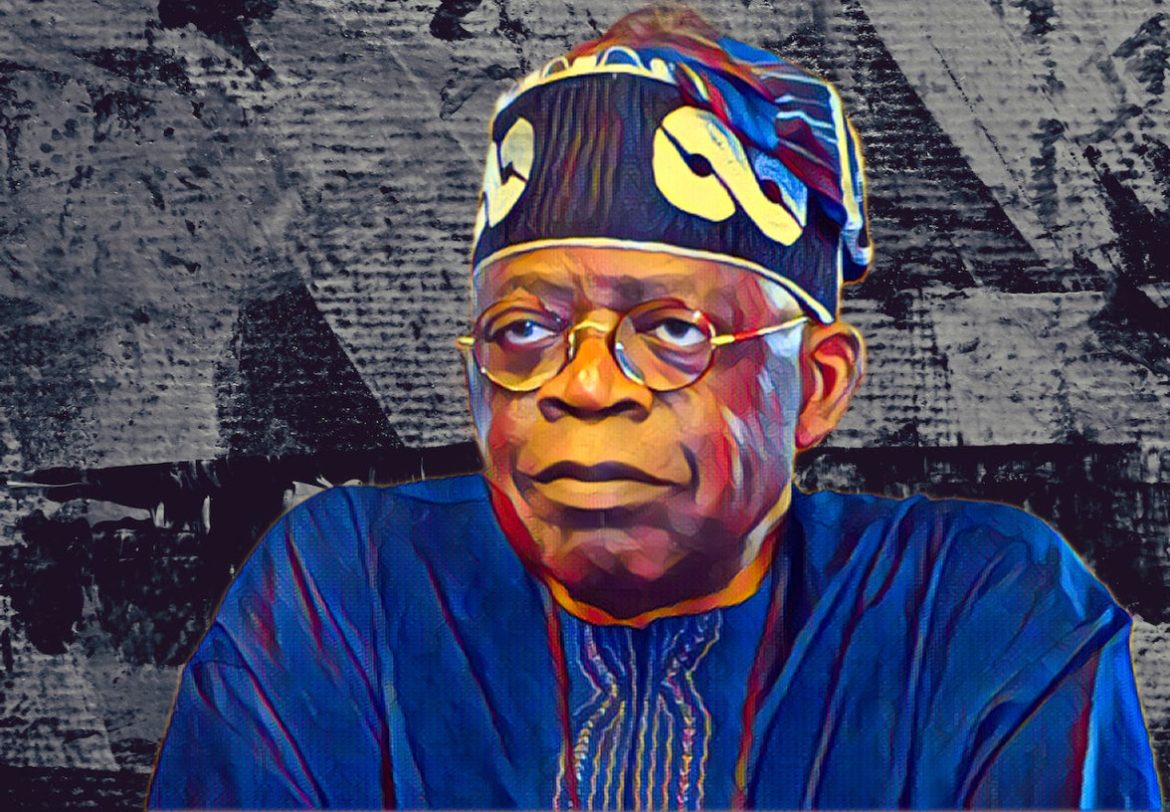Over the past ten days, Nigerians from all walks of life have taken to the streets to protest against what they describe as “bad governance.” These nationwide protests, which began on August 1st, have highlighted the frustration of many citizens over the harsh economic conditions and unfavorable policies that have made life increasingly difficult. While the protests were peaceful in the southern regions, they turned violent in parts of the north, leading to the tragic loss of lives and the destruction of property. Despite the protests coming to an end, Nigerians continue to demand significant changes from President Bola Ahmed Tinubu’s government.
The protests may have subsided, but the calls for change have not. Across Nigeria, people are united in their demands for better governance. They want the government to take immediate steps to alleviate their suffering and address the root causes of the nation’s problems. Citizens, including lawyers, activists, traditional rulers, academics, and political leaders, have voiced their concerns, urging the government to take decisive action to improve the quality of life in Nigeria.
Nigerians have made it clear what they want from the Tinubu administration. First and foremost, they are calling for a reduction in the cost of governance. The current size of the government, with its numerous ministers and aides, is seen as excessive and wasteful. Many believe that downsizing the cabinet and reducing government expenses would free up funds that could be better spent on improving public services and infrastructure.
In addition to cutting down the cost of governance, Nigerians are demanding an end to corruption. They want to see transparency and accountability in government activities, with a focus on eradicating crude oil theft, which has been a major drain on the country’s economy. There is also a strong call for the government to tackle insecurity, which has driven farmers off their land and led to a sharp increase in food prices.
The protesters are also asking for a reversal of harsh economic policies that have made daily life more challenging for the average Nigerian. They want the government to take steps to reduce the cost of living, including lowering fuel prices and making essential goods more affordable. Furthermore, there is a demand for significant investments in critical sectors such as healthcare, education, and infrastructure, which are essential for the nation’s development.
Another major concern is the need for justice, equity, and the rule of law. Nigerians are calling for electoral reforms to ensure that future elections are free, fair, and truly representative of the people’s will. They also want to see a return to the parliamentary system of government, which they believe would be less expensive and more efficient than the current presidential system.
Prominent figures across the country have weighed in on the situation. Human rights activist Femi Aborisade emphasized the need for substantive reforms to restore public trust in the government. He called for greater investment in critical sectors and more opportunities for citizens to engage with the government on policy decisions.
Former federal lawmaker Peter Umoh advocated for a new constitution, arguing that only a complete overhaul of the nation’s laws could bring about the good governance that Nigerians desperately need. He also suggested a return to the parliamentary system as a way to cut down on the cost of governance.
Others, like Abagun Kole Omololu, National Organizing Secretary of Afenifere, pointed out that the current administration might be incapable of changing the endemic bad governance due to the structural issues within the country. He called for fundamental constitutional restructuring to address the diverse cultural values and beliefs of Nigeria’s various ethnic groups.
As the protests have shown, Nigerians are no longer willing to tolerate the status quo. They want real change, and they want it now. The Tinubu administration faces the daunting task of addressing these widespread demands and proving that it is capable of leading the nation towards a better future.
The protests may have ended, but the issues that sparked them remain unresolved. If the government does not take swift and meaningful action, more unrest will likely follow. Nigerians are demanding a government that listens, acts, and truly serves the people. Whether President Tinubu and his team can rise to the occasion remains to be seen, but the clock is ticking.
In the words of Comrade Ayo Fadaka, a political analyst, “Nigeria is a nation in distress.” The time for promises is over; what Nigerians need now are results. President Tinubu, who fought hard to attain his position, must now prove his mettle by addressing the concerns of the people and delivering on the promise of good governance. If not, another wave of protests is just around the corner, and the cries for change will only grow louder.
Source: Vanguard


